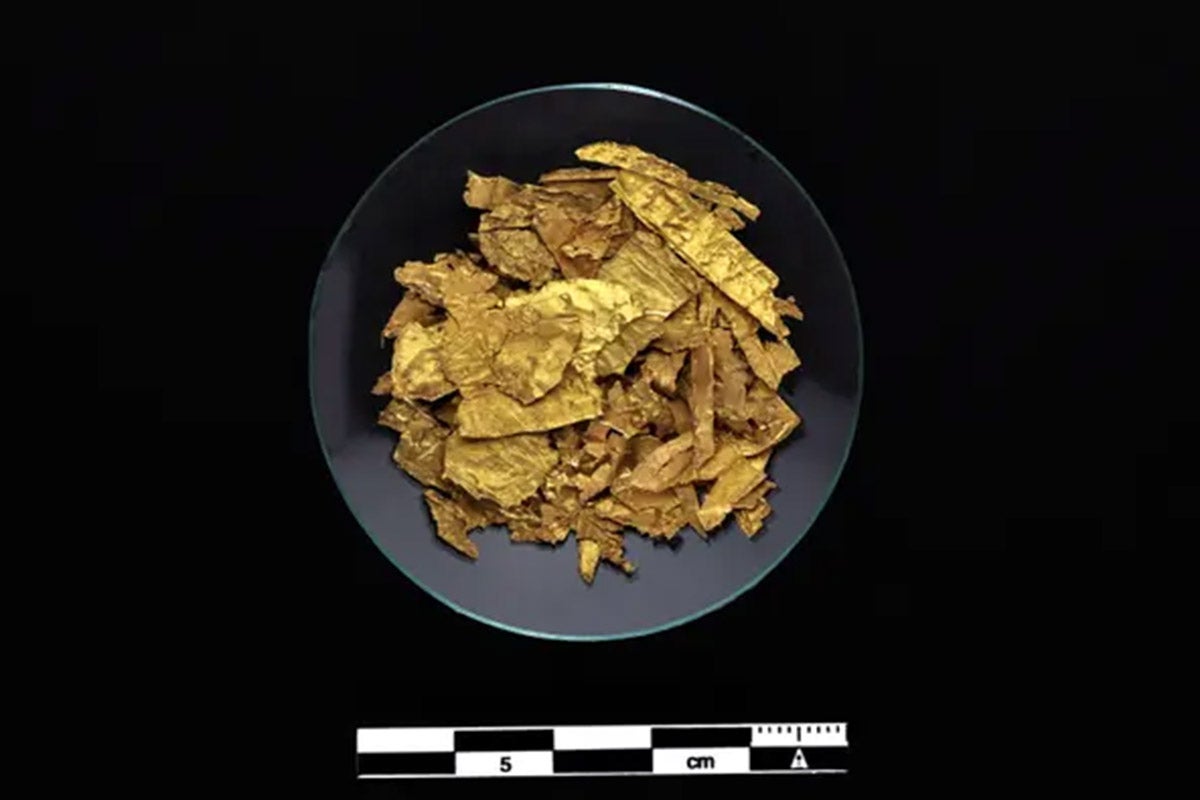Mea Culpa: some surprisingly literal large numbers
Questions of language and style in last week’s Independent, by John Rentoul


In an enthusiastic article about a hoard of jewellery found in Spain, we allowed ourselves to be carried away, saying that “literally hundreds of spectacularly beautiful gold, ivory, rock-crystal, amber, greenstone, sea-shell, ostrich eggshell, flint and copper artefacts have been unearthed”. In conversation, “literally” has been used as an intensifier for emphasis for some time, but it is unusual to see it in print in a factual article.
We were so excited by the find, which suggested that the site was an international trade hub, that we did it again in the next paragraph, saying that it had attracted “merchandise from literally thousands of miles away”.
We also did it in another article about microalgae, saying that “there are literally hundreds of thousands of species”.
However, we used the word to good ironic effect in an article about the lessons of P&O Ferries sacking 800 employees and replacing them with lower-paid foreign workers. This would undermine job security and standards of service in an already volatile industry, we argued. Staff will be less motivated, as they “keep an eye out for a better offer, ready to literally jump ship”.
Flying chariot: We started an article about falling living standards thus: “As Britons careen into the sharpest nosedive…” I have mentioned “careen” recently. It is now used as a synonym for “career”, in the sense of running out of control, because it sounds similar, but it originally meant cleaning and repairing the underside of a ship. I think we should stick with “career”, but that is a word that applies to a wheeled vehicle – it comes from the same Latin root as chariot – and doesn’t really fit a metaphor about a plane in flight. Thanks to Philip Nalpanis for spotting that one.
Two more days off: Philip also mentioned a report of possible travel delays, which said: “Easter 2022, taking place over the weekend of 16 and 17 April, with two bank holidays either side…” As he said, “2022” is redundant, as it would be odd to be predicting next year’s traffic, and the way we phrased it inadvertently doubled the number of bank holidays. We meant “two bank holidays, one on either side” of Easter weekend.
Hypothetically...: In an article about the chancellor of the exchequer’s wife’s non-domiciled status for tax purposes, we got ourselves into a tangle of hypotheticals. Thanks to Richard Parry for pointing them out. We said that she was born and raised in India, “and if she hadn’t have met her now-husband (at Stanford University, in the US), it is reasonable to imagine she may never have come to live in Britain at all”. There is a stray “have” in the first part of that sentence; “hadn’t met” was all that was needed. Then we meant “might” rather than “may”, because we know that she did come to live in Britain.
As in binge: In a travel feature about using credit cards in the Netherlands, we said that a Halifax Clarity Mastercard was “the most straightforward way to avoid the swinging charge of almost 3 per cent that is added to overseas transactions”. That should have been “swingeing”, to signify the “j” sound of the “g” – “swinge” meaning strike hard – otherwise it might have been read as a comment on the Netherlands’ liberal culture, as Keith Bennett observed.



Join our commenting forum
Join thought-provoking conversations, follow other Independent readers and see their replies
Comments